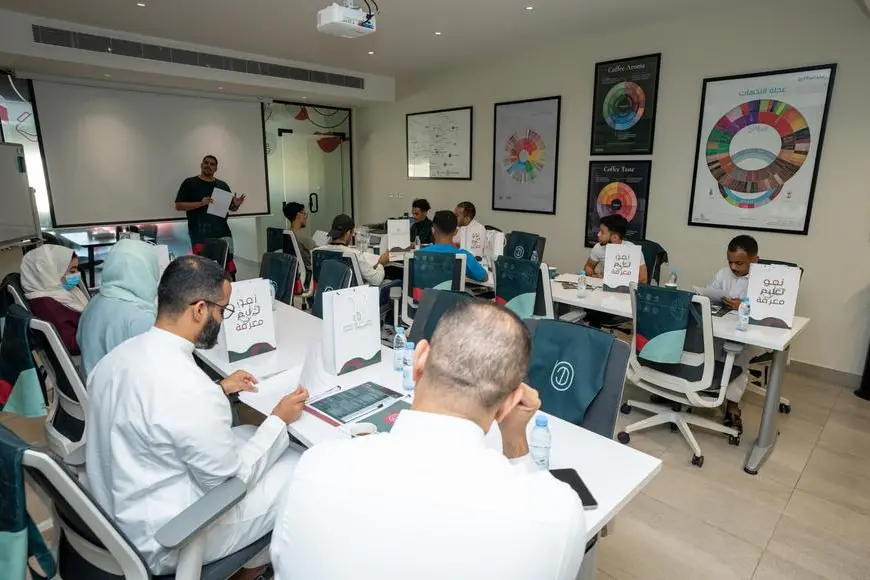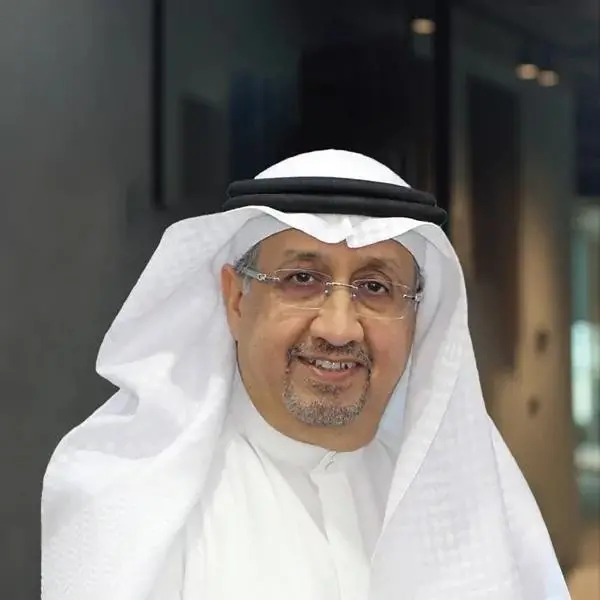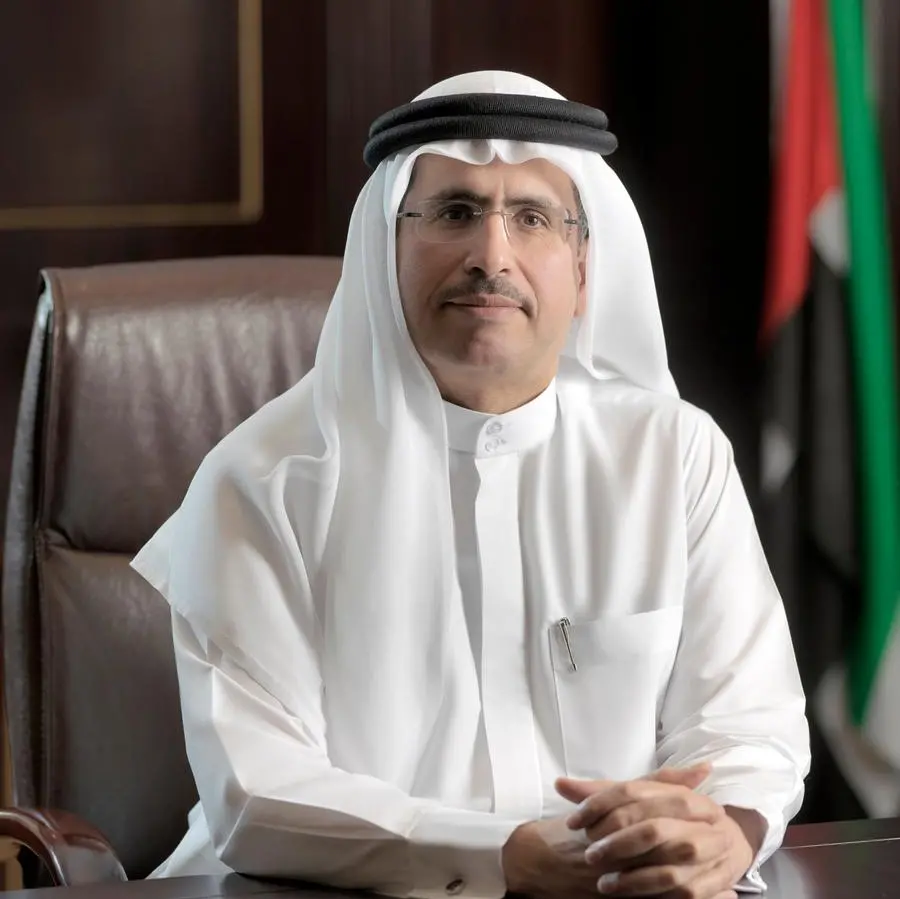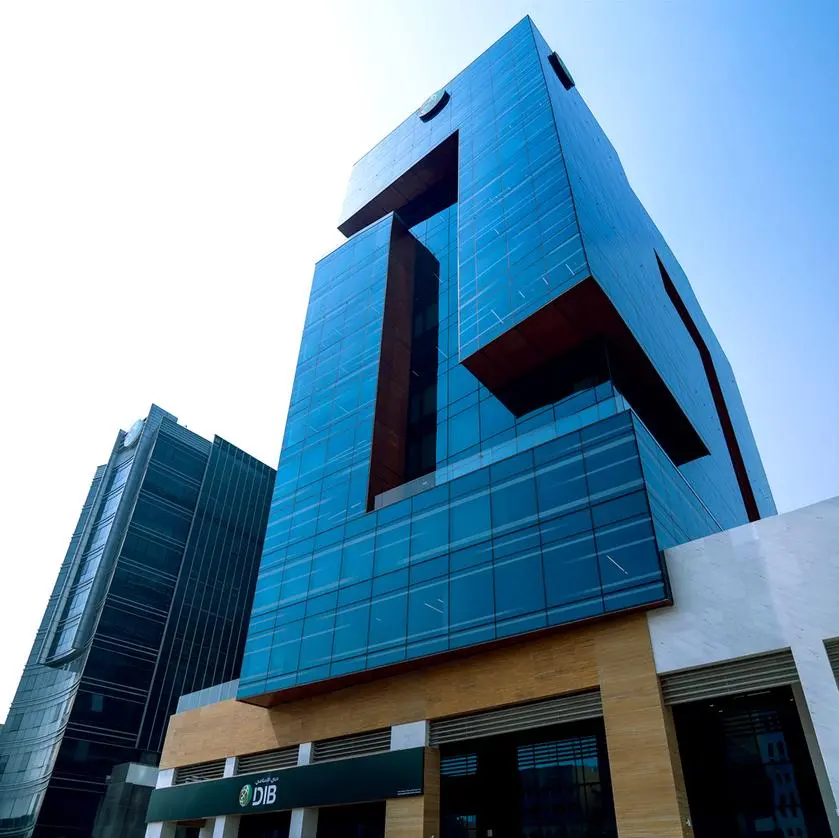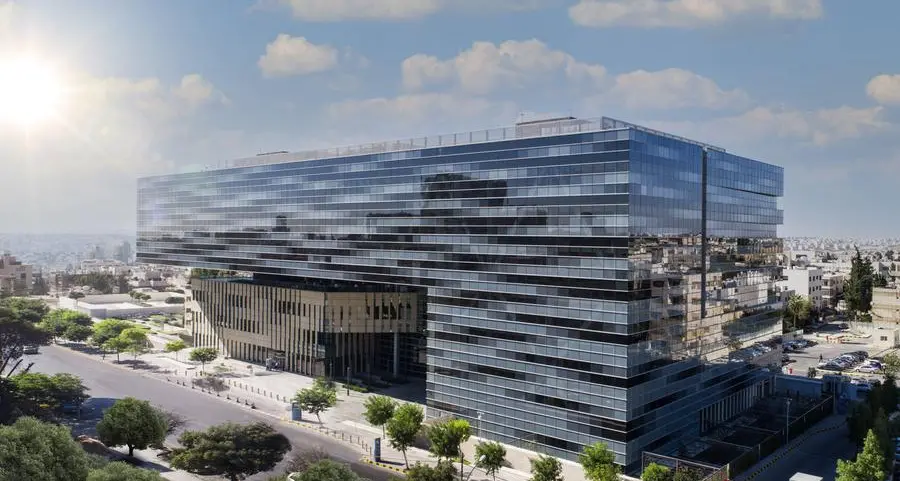PHOTO
Jeddah, Saudi Arabia: Community Jameel Saudi and Bab Rizq Jameel, in partnership with The Arabian Coffee Institute announced today the graduation of the first batch of participants in the Coffee Preparation Programme, focusing on upskilling Saudi youth in the coffee industry.
The 3-months training programme enabled participants to develop interpersonal skills and practical learning in coffee preparation, customer service, and the principles of entrepreneurship in the sector. As part of the course, the graduates received a certificate accredited by the Arabian Coffee Institute. The final phase of the programme supports graduates in securing job placements with Al- Ezdhar & Al-Rafah Trading Ltd, steered by Bab Rizq Jameel Recruitment.
The programme is supported by the Culinary Arts Commission at the Ministry of Culture and is under the umbrella of the Year of Saudi Coffee initiative. The initiative focuses on empowering, developing, and celebrating the coffee sector in Saudi, and export its authentic products as one of the most essential components of Saudi culture. The programme reinforces Community Jameel Saudi’s employment-ending training through Bab Rizq Jameel as part of its strategy to contribute to social and economic prosperity, empowering Saudi youth to enter the work force.
Initially commencing with 20 students in its pilot phase, the programme will welcome 20 new participants in its second edition, set to begin this month. Supporting the Kingdom’s Vision 2030 Human Capability Development Programme, the initiative is committed to reducing unemployment through training and the provision of job opportunities for the country’s youth.
Mohammed Abdul Ghaffar, General Manager of Entrepreneurship and Social Initiatives at Community Jameel Saudi, said: "As part of our strategy to achieve social economic and environmental prosperity and contribute to the Kingdom's Vision 2030, we look forward to launching initiatives that support skill development of the Saudi youth. We are pleased to collaborate with the Arabian Coffee Institute to deliver training programmes that will equip young men and women with the skills necessary to succeed in this sector, enabling them to work in hotels, restaurants and cafes throughout the Kingdom."
Al-Muhannad Al-Marwai, Executive Director of the Arabian Coffee Institute, said: "We are one of the few institutes in the Kingdom providing unique training resources supporting the local coffee industry. We have a team of experts, researchers and more
than 13 certified trainers specialising in all aspects of coffee. We provide accredited training courses in the fields of coffee cultivation, processing, roasting, grinding and distillation, as well as sensory and barista skills. This partnership between the Arabian Coffee Institute and Community Jameel Saudi will be divided into three phases, during which training, and employment will be provided to a distinguished group of young Saudi men and women."
Reflecting on her experience as a graduate from the course, Aseel Zaki Anbul commented, “I am very pleased with the diversity of topics and skills covered in the training programme. Today, I feel empowered with confidence in my ability to excel in the job market and look forward to providing enjoyable coffee experience to customers. My gratitude extends to Community Jameel Saudi, Bab Rizq Jameel and the Arabian Coffee Institute for providing my colleagues and I with this golden opportunity."
-Ends-
About Community Jameel Saudi
In 1945, the late Sheikh Abdul Latif Jameel established a commitment to giving back to society, spearheading philanthropic initiatives, and launching social welfare programs. Decades of dedication to philanthropy led to the formation of Abdul Latif Jameel Community Services Programs in 2003. Building on the foundation of nurturing societal growth, Community Jameel Saudi, a dedicated entity spearheading societal and developmental programs supporting socio-economic development, was established in 2010.
Community Jameel Saudi is committed to supporting Saudi communities through strategic development pillars focused on Competency Development, Women Empowerment, Entrepreneurs Advancement, Community Wellbeing, Science and Technology, Preserving the Environment, Inspiring Innovation, Continuous Development of Education and Humanitarian Initiatives.
